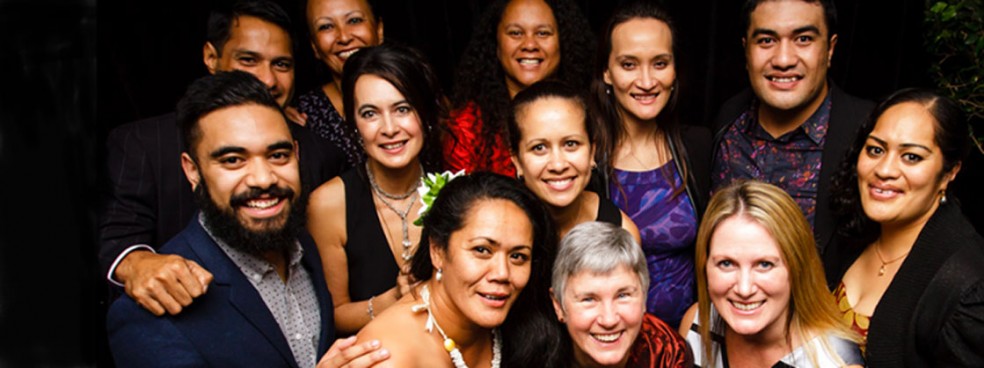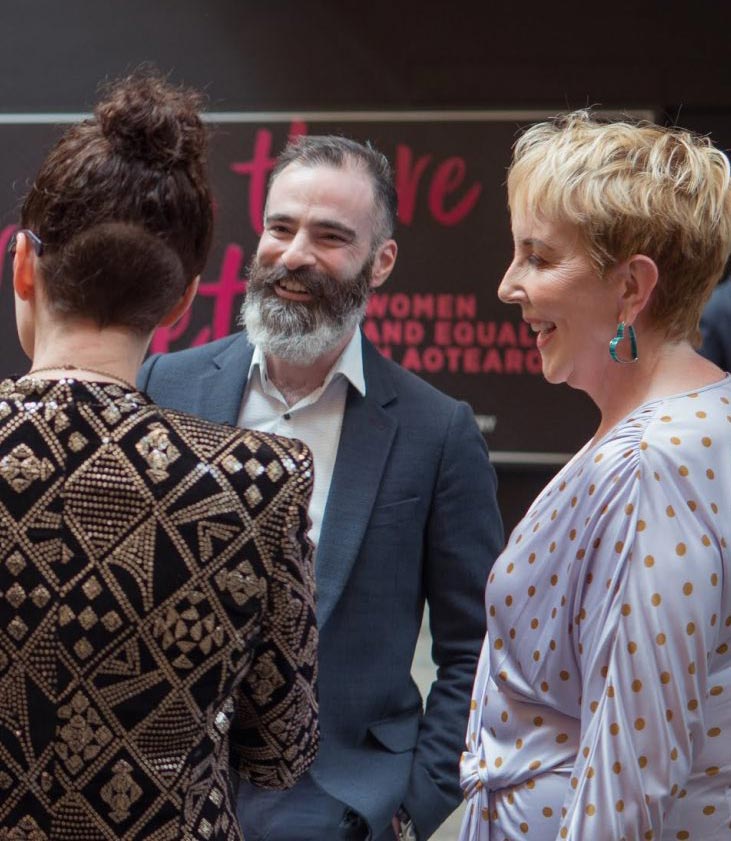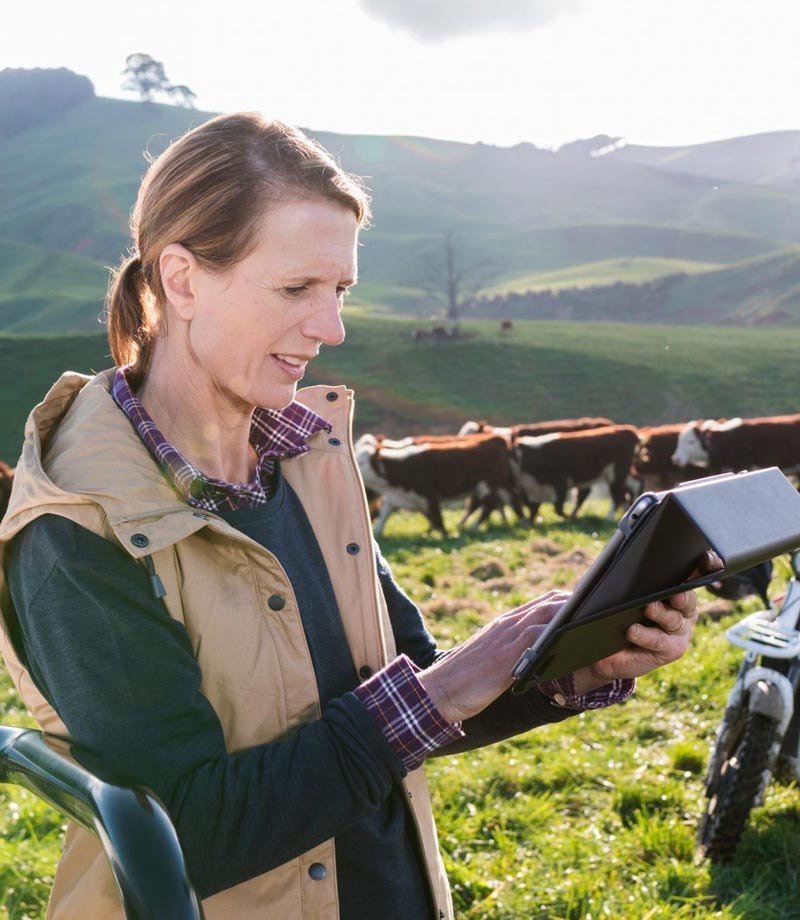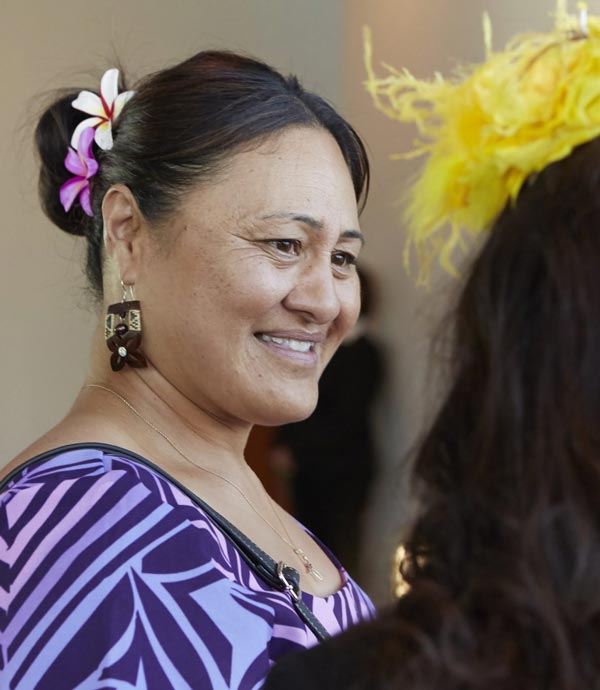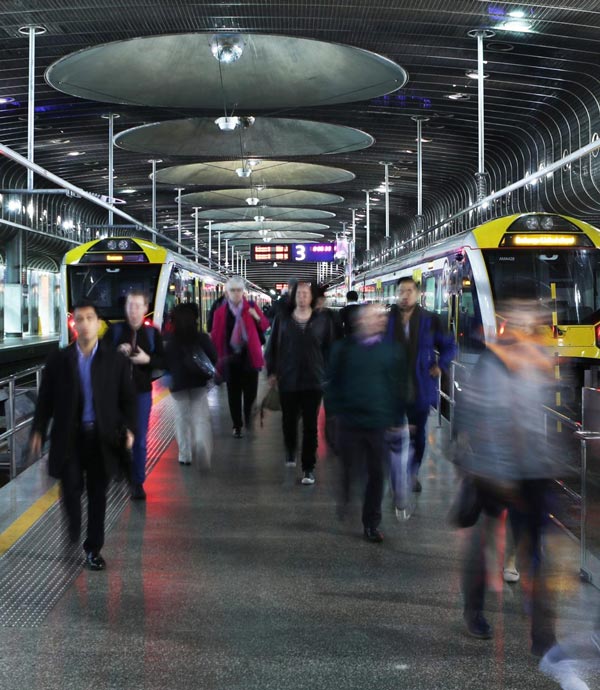It’s not only that education is a human right and an empowering force, but there’s an urgency of action required because of the growing Pasifika demographic. Over half of Auckland’s population will be of Pasifika and Maori descent by 2030, according to BEST foundation director Rachel Skudder. She says Pasifika education, if not addressed, will present a national crisis.
Global Women member Anita Finnigan and fellow BEST foundation director Rachel Skudder spoke at August’s Auckland Dinner Dialogue to a gathering of Global Women members, to a theme of ‘Game-changing Education’ – alongside Frances Valintine and Pete Hall.
From a base of Pasifika education
Twenty-nine years ago Finnigan founded the Best Pacific Institute of Education to support the fast-growing Pasifika population in South and West Auckland, which was poorly served in the market in the tertiary space.
Starting with just 36 students, three teachers and herself, today it’s the largest private tertiary institute in the country with seven schools in Auckland and more than 2500 students, 70 percent of them being New Zealand-Pasifika, and 30 percent Maori. The courses are mainly in business-related fields to Diploma level and focused on what the labour market needs. The unique learning environment is a blend of academic and cultural elements – and BEST consistently outperforms comparable providers in educational performance and employment outcomes for Pasifika peoples.
Skudder is also a director and is Finnigan’s daughter. Having worked alongside her mother in the business for 18 years, she knows intimately the importance of improving Pasifika education in New Zealand.
Pasifika peoples in Auckland are a fast rising tide
Skudder says it’s not only that education is a human right and an empowering force, but there’s an urgency of action required because of the growing Pasifika demographic.
“Considering Pasifika’s Youthful profile and high fertility rate of 14 per cent – twice that of Maori – over half of Auckland’s population will be of Pasifika and Maori descent by 2030,” she says.
“However, New Zealand’s OECD educational profile is one that is described internationally as relatively high quality yet very low equity and the long tail of underachievement is mostly Maori and Pasifika. Seventy percent of Pasifika learners are in decile 1-3 schools and Tertiary education in New Zealand has far fewer Pasifika entrants than other minorities at degree level.”
Unique approach by BEST
This is why BEST Pacific is working to make a difference, and it’s doing it primarily by implementing a culturally intelligent pedagogy of high expectation and a strong belief in every student achieving.
Driven by the massive immigration of people around the globe, BEST was built on cultural values based on a Pan-Pacific approach: respect, service, family and hospitality.
“The organisation works those values into every aspect of what it does,” says Skudder.
“It’s a critical imperative for Auckland to expand to the full of its super-diversity potential. Therefore the Pasifika pipeline must be improved, because for Auckland to succeed, Pasifika must succeed. You can help build a Pacific pipeline by employing Pasifika people in your organisation, or at least choosing Pasifika advisors to work alongside and learn with.”
Pedagogy
For Skudder, getting the pipeline running is about using the right pedagogy, that, is the art and science of learning.
“Ours is a pedagogy of possibility; belief and high expectations,” she says.
This counters the prevalence of what she describes as “the subtle racism of under-expectation” when it comes to mainstream treatment of Pasifika students, where often in high schools Pasifika youth are being academically counselled into soft subjects at 13 or 14 years of age.
“For Pasifika, it’s nothing less than a national crisis.”
“The majority of BEST’s tertiary students study in a blended mode of delivery using e-learning” she says. “This belies the popular belief that Pasifika learn best kinesthetically.”
Additionally, “seven-hundred-and-fifty to 800 of BEST Graduates get jobs every year,” she says.
What can Global Women members do?
“Find and connect to Pasifika influencers from every sector; stay informed; employ Pasifika; lobby our education and economic development politicians who are not yet sufficiently focused on the super diversity piece in the plan for Auckland,” Skudder says.
“No one wants to live in an Auckland in 2030 where the majority of the population are struggling.”
Finnigan’s go forward is to “make the Pasifika Education Plan as important to Auckland as fixing our traffic congestion!
“And further, if we create a successful model of cultural intelligence around Pasifika, we could employ it usefully to help Auckland’s other ethnicities.”
Global Women Initiative
Global Women is soon to launch the Maori and Pasifika Corporate Pathways Project, a national internship programme soon to be launched to prepare Maori and Pasifika students for success within their whanau and communities, at university, and in their careers. It is based on the highly successful CareerTrackers model. See outline here.
